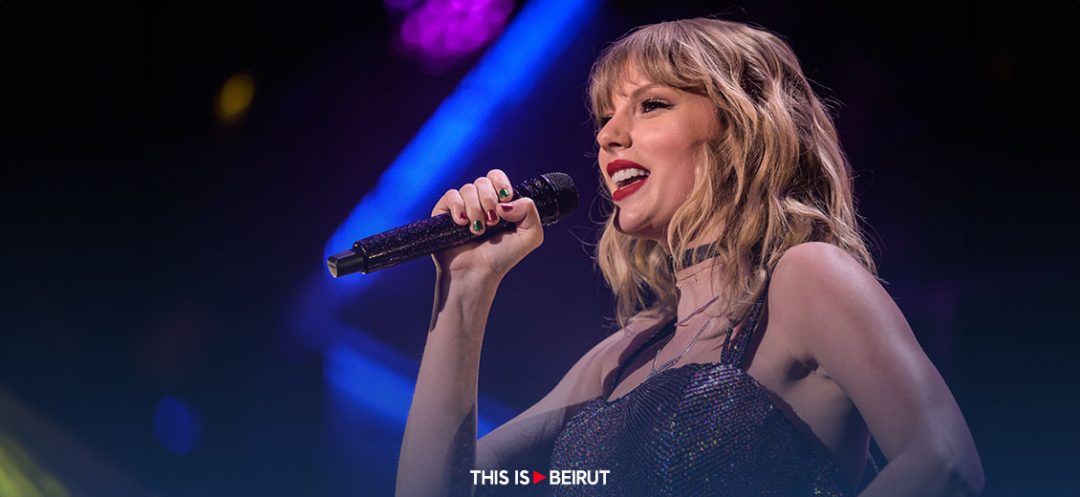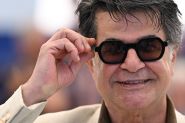
A controversial opinion piece published in The New York Times ignited a firestorm of criticism on social media. The 5,000-word column, authored by Anna Marks, an editor for the NYT’s Opinion section, speculated on superstar Taylor Swift’s sexuality, suggesting that she might be signaling a queer identity to her fans. This speculation comes despite Swift’s public identification as straight.
The piece, weaving together various instances of Swift’s career, posits that these could be interpreted as subtle hints of her being queer. Marks compares these instances to “dropped hairpins,” which she believes, “suggest to queer people that she is one of us.” This essay follows Marks’ previous work in 2022, where she speculated on the gender identity of pop star Harry Styles, whom Swift has previously dated.
The backlash was swift and severe, with social media users calling for the retraction of the column. Critics have labeled it as “invasive” and “inappropriate,” with some arguing that it disrespects Swift’s own statements about her identity. A source from Swift’s camp, speaking anonymously to CNN, echoed these sentiments, calling the column both untrue and inappropriate.
The controversy has drawn in other figures from the entertainment industry, including Chely Wright, a queer country musician and activist. Wright, who was mentioned in the piece, took to social media to express her disapproval, calling the essay “triggering.” She highlighted the discomfort of seeing a public figure’s sexuality being openly discussed and dissected.
Swift, who has had a banner year in 2023 with her blockbuster “Eras” tour, has been open about her relationship with NFL player Travis Kelce. Her dating life, which has included several high-profile men, has long been a subject of media fascination and a recurring theme in her music. However, Swift herself has never indicated a queer identity, and speculation about her sexuality has persisted for years.
In her defense, Swift has been an outspoken supporter of LGBTQ+ rights. In a 2019 interview with Vogue, she discussed her advocacy for the community, acknowledging her position as an ally. In the prologue to the re-release of her album 1989, Swift reflected on her decision to avoid dating due to media scrutiny, stating that she focused instead on her music, personal growth and female friendships.
The debate around the NYT piece underscores the complex dynamics of celebrity news coverage. Kayla Gagnet, director of digital content at Equal Pride, pointed out the nuanced differences between recognizing signs of queerness and disregarding a person’s expressed identity. She emphasized that, in their outlets, they respect people’s self-identification, be it queer, straight or anything in between.
This episode has reignited the debate over media ethics in discussing celebrities’ private lives, particularly regarding sexual orientation. It raises critical questions about the line between public interest and private respect, and how media and society navigate these often blurred boundaries.
With AFP
Read more



Comments